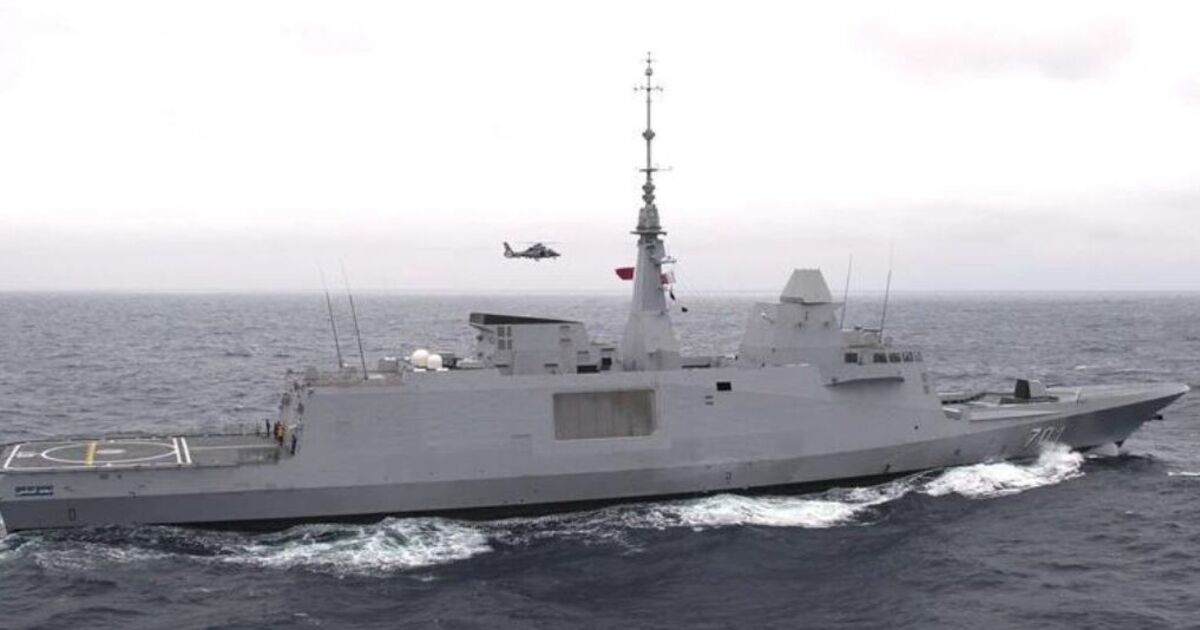
The Canary Islands have issued a brief caution regarding concerns that Morocco’s warships could pose a threat to tourism. Antonio Morales, the president of the Cabildo of Gran Canaria, has strongly opposed Morocco’s planned military maneuvers near Western Sahara. His apprehensions revolve around the potential impact on the region’s stability and its crucial tourism sector.
Morales’s stance resonates with many in the Canary Islands, where tourism plays a pivotal role in the economy. The archipelago’s tranquil beaches, consistent mild climate, and distinctive cultural attractions have attracted global visitors for an extended period.
Any disturbance to this delicate equilibrium could significantly affect local businesses and residents alike.
“The region of northwest Africa and particularly the Canary Islands require peaceful actions and must avoid any militarization messages,” remarked Morales.
He cautioned that the military drills, set to occur in close proximity to the Canary Islands, could not only disrupt the region’s peace but also endanger its economic well-being.
Morales’s concerns are valid. The Canary Islands, located near Morocco, have historically maintained a peaceful relationship with their North African neighbor.
However, recent geopolitical tensions in the area have clouded the islands’ future.
At the core of the issue lies the ongoing conflict over Western Sahara, a territory claimed by both Morocco and the indigenous Sahrawi people.
The United Nations regards Western Sahara as a territory awaiting decolonization through a self-determination plebiscite. Nevertheless, Morocco’s continued control of the region has triggered global criticism and escalated tensions.
Morocco’s decision to conduct military exercises close to the Canary Islands has only heightened these tensions. The scheduled drills, which commenced last Friday, have sparked worries among local authorities and residents, fearing the repercussions on the region’s stability and safety.
President Fernando Clavijo, expressing disappointment over the lack of communication from the Spanish Government regarding the military activities, emphasized the significance of the maneuvers due to their proximity to the Canary Islands. He highlighted the potential impact on the region’s tourism sector, heavily reliant on its reputation as a secure and hospitable destination.
The situation intensified when the Government of the Canary Islands was notified of Morocco’s military actions four days after their initiation. This delay prompted urgent requests for information from the Spanish President, Pedro Sanchez, amid concerns about the State’s response.
Despite reassurances from the Spanish Foreign Ministry, uncertainties persist regarding the transparency of communication among Morocco, Spain, and the Canary Islands.
